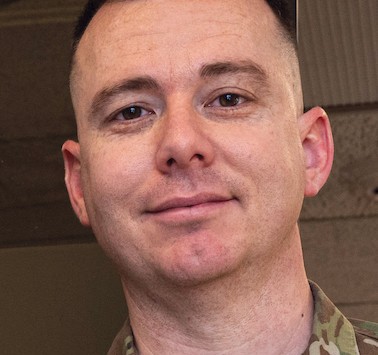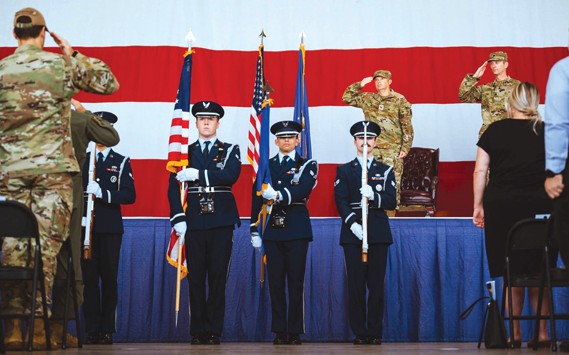This commentary was first published on Dec. 11, 2014
LITTLE ROCK AIR FORCE BASE, Ark. — This commentary is not about aircraft, vehicles, or even any mechanical components. It’s about our Airmen and how we manage their care and development throughout their careers.
The maintenance versus repair concept is borrowed from the maintenance community and speaks to how maintenance managers plan, coordinate and execute scheduled maintenance events. The goal is to maximize the amount of time we can utilize the aircraft for missions and minimize the down time due to repairs.
Do we treat our Airmen the same way? I submit to you how to take care of our Airmen directly and indirectly.
Maintenance of our personnel is just as important as maintenance of aircraft. Most people are saying maintenance and repair mean the same thing, but they truly don’t.
Maintenance actions are the planned events to ensure the reliability, longevity and air-worthiness of our aircraft. Maintenance is normally done under the guise of pre-use, post-use and scheduled depot (major) inspections. Repair in some cases is a part of maintenance, but in most cases repair actions normally come at the most inopportune time.
When something breaks, the mission is delayed, hindered or stopped, which are all things the Air Force tries to mitigate. Repairs are unscheduled or unplanned events to get an item or component back to an operating condition. Since it is an unplanned event, we throw a great deal of time and resources at it.
Now how does that relate to our Airmen?
Well, maintenance of our Airmen consists of scheduling training events to take care of their careers and professional growth. It also entails implementing proper shift schedules for work and rest cycles, along with planned regular days off. Managing quality of life issues such as leave schedules as well as scheduling health exams, dental exams and gym time encapsulates maintenance of personnel.
Now on the flip side, the need for the repair of Airmen normally comes in the form of personnel who have over-extended themselves mentally, socially, physically and financially; and personnel who are experiencing family hardships due to normal life demands. In many cases, these demands can be compounded by military service. Airmen in need of some repair may chronically miss appointments, have difficulty passing the fitness test or have issues coping with life. I call this burnout syndrome, when our Airmen start to have multiple issues in various areas.
Can burnout syndrome be avoided?
Yes, with a good maintenance action plan. Some proactive methods include complementary shift schedules for family life, when possible, and establishing a culture of practicing resilience tactics, techniques and procedures. The resilience modules and suicide alertness and awareness training seminars provided by the Air Force truly can make a difference in the maintenance of our Airmen.
When you’re lacking a solid maintenance action plan, personnel are taken out of the normal mission rotation for extensive repair. In extreme cases, some personnel will need all of the resources provided through our medical community, and outside organizations such as Military One Source, the Airman & Family Readiness Center, and Military & Family Life Counseling before they are ready to resume normal operations. When burnout syndrome happens, a great deal of time is required to repair, and it is costly, but our Airmen are worth it.
I want to reiterate that seeking help is the right thing to do, and we need to continue to encourage our personnel to get help prior to feeling “broken” or in disrepair. We have a host of resources that will maintain and repair our people for future use.
The bottom line is to maintain your Airmen with good scheduled events, and pay the little costs upfront. Or you will pay for the major repairs during the most inopportune time. Our mission hinges on our most valuable resource — our Airmen.












